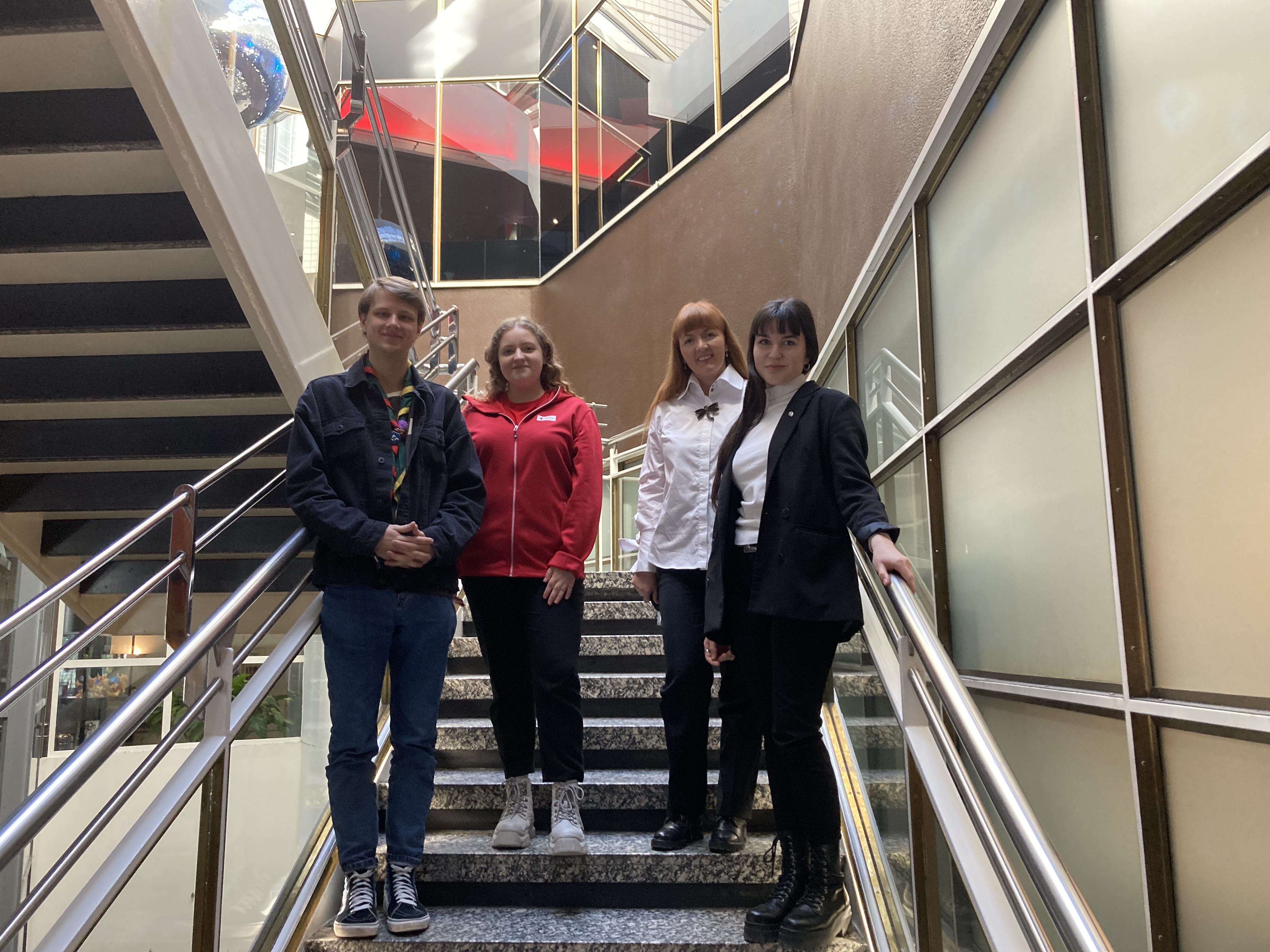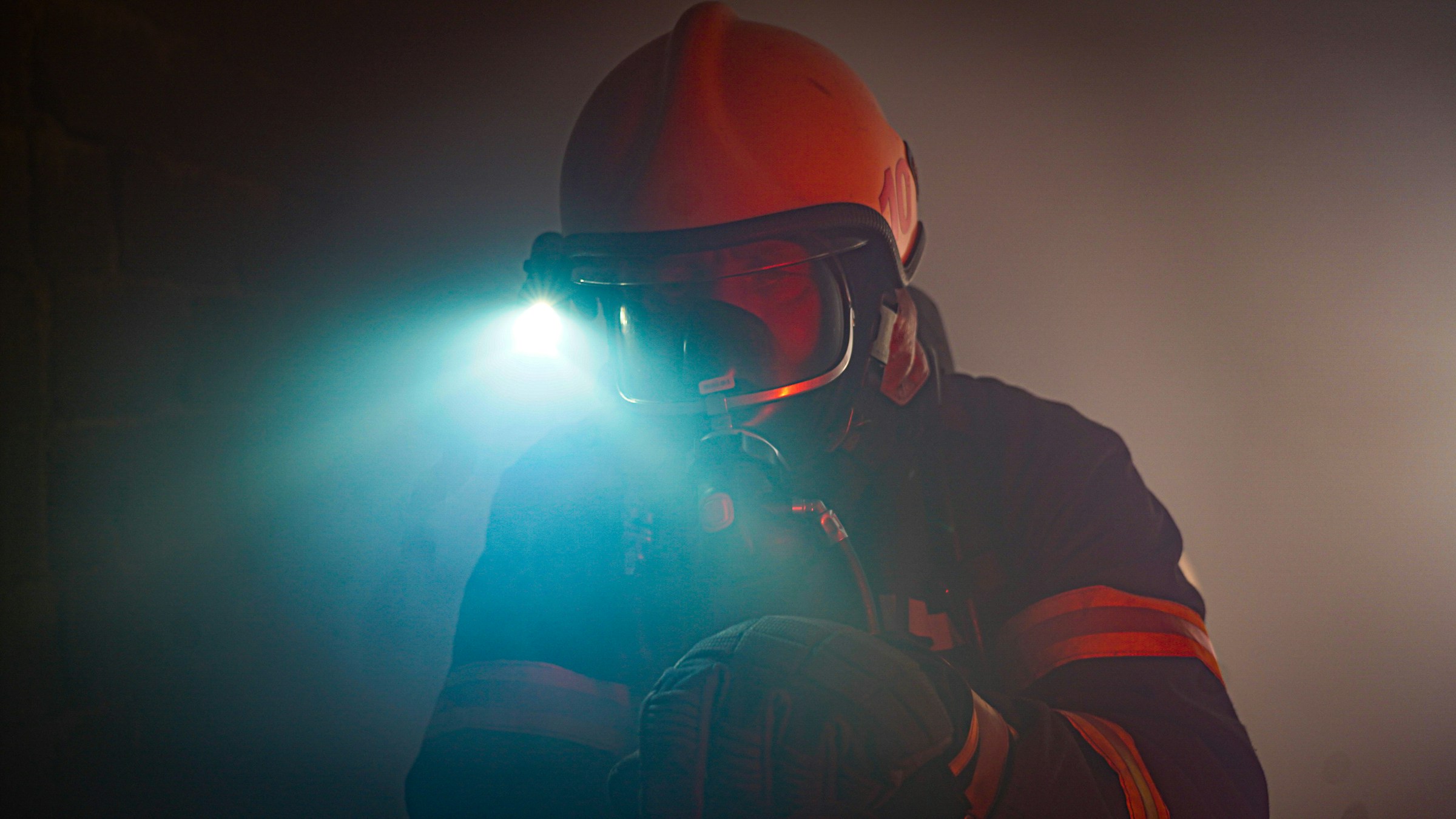Crisis resilience in the Baltic Sea region needs both authorities and volunteers
2024/03/01
The Nordic Council of Ministers Office in Lithuania partnered two Baltic Sea region-wide projects aimed at enhancing cooperation between volunteer organizations and authorities to strengthen the region’s crisis resilience. Both projects have reached completion, and comprehensive recommendations for fostering collaboration between volunteers and authorities have been prepared as a result.
Volunteers and Local Authorities – Baltic Sea Region Network (VOALA), funded by the Swedish Institute, aimed to enhance society’s resilience to natural and man-made disasters by strengthening inclusive, cross-sectoral cooperation between authorities and volunteer organisations in crisis management in the Baltic Sea Region.
Baltic Youth for Resilient Society (BYFORES), funded by the CBSS Project Support Facility, focused especially on involving young people and strengthening cooperation between youth organizations and authorities.
Natural disasters, environmental, and man-made disasters often have an international impact. Therefore, the response and management of these crises involve the coordination of several organisations and authorities, not only nationally but across countries. Civil society engagement is the key to prevention activities, raising public awareness regarding hazards, preparing and mobilizing resources in emergencies, making the recovery process well-tailored to genuine needs and existing conditions, and reaching the most excluded and vulnerable communities.
The recommendations for developing cooperation between volunteers and authorities
In both projects, good practices were collected for involving volunteers in crises and recommendations were drawn up for the development of cooperation between volunteers and the authorities. The recommendations were based on the outputs of the workshops held in the projects and the round table discussions of volunteers and authorities held in different countries.
According to the recommendations, clear requirements must be set for state authorities, non-governmental organizations and municipalities about what is expected from each actor and how disaster risk reduction is to be dealt with in a structured manner. Citizens’ awareness of existing and future risks should be increased, and information should be provided regularly about the role of individuals in reducing disaster risks and the importance of individual preparedness.
Incentives for volunteering must be created and volunteers’ participation in rescue service tasks must be made possible. For example, you should create a database of volunteers at the local level and map existing volunteer organizations and their skills. Young people should be welcomed to join volunteering in tasks that fit their knowledge and capabilities.
Recommendations
- A clear list of requirements/expectations directed at authorities, organizations and municipalities must be drawn up
- Citizens’ risk awareness must be increased
- Becoming a volunteer must be made easy and attractive
- Harnessing volunteers for tasks in a disaster situation must be made easy
Young people are willing to participate in various rescue service activities
Young people are willing to participate in various rescue service activities. Young people should first be allowed to do simple tasks to enable participation, and later the task book can be expanded. Young volunteers must be provided with sufficient training and support and assigned a designated person to guide young people.

Young volunteers should be taught organizational skills, knowledge of crisis procedures, first aid, communication and teamwork, flexibility, language skills and psychological skills. Strengthening resilience in young people’s own immediate communities is an area where young people have many opportunities for action. However, practical skills such as first aid skills are needed for support, for example in schools.
Joint international trainings, networking and a common forum for young volunteers and authorities are needed to coordinate cooperation. In general, young people should be represented in forums dealing with safety.
Project recommendations of BYFORES>>
By Kaisa Eskelinen, researcher, The Finnish National Rescue Association

